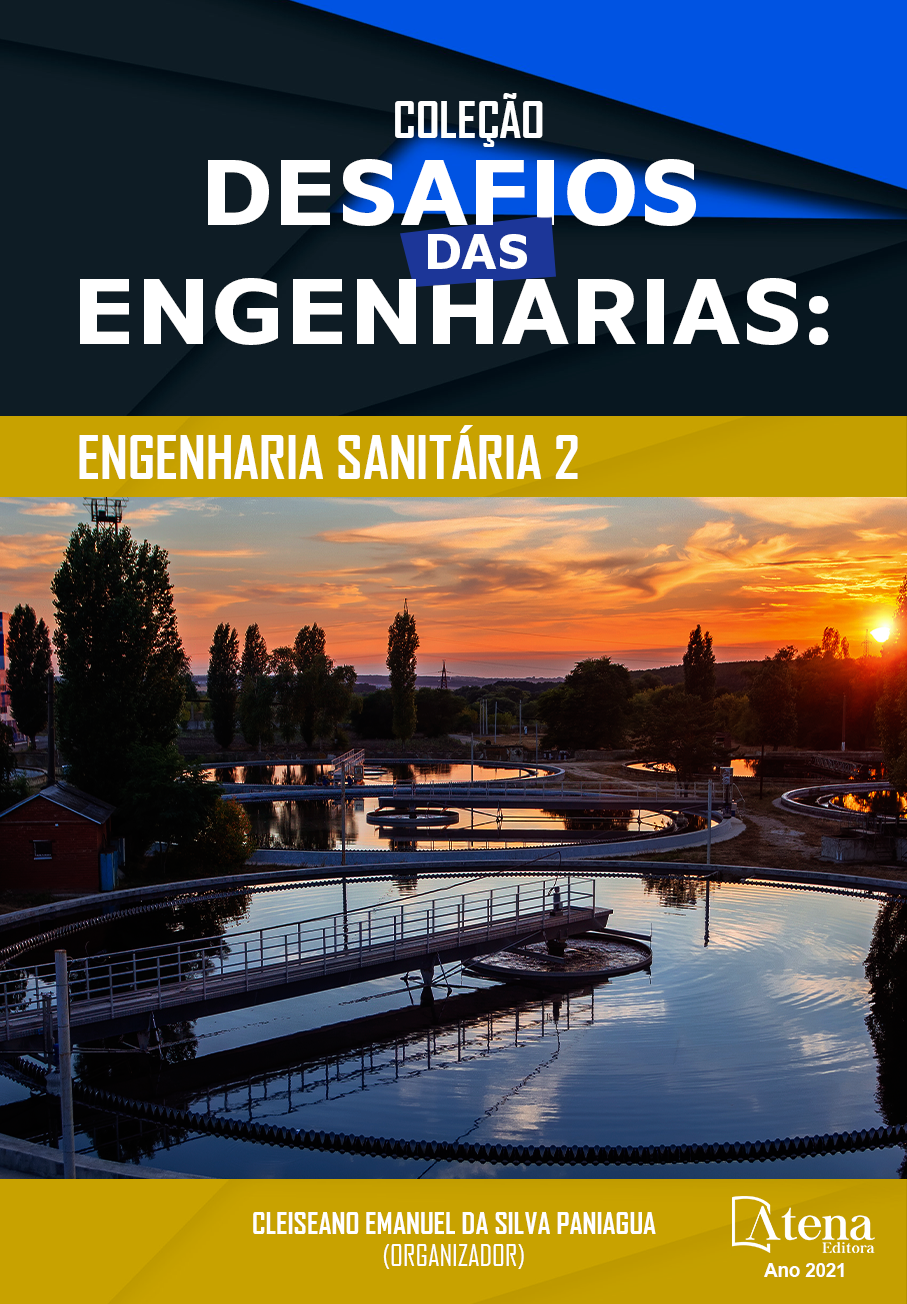
A IMPORTÂNCIA DO COMPONENTE CURRICULAR “GESTÃO DE RESÍDUOS SÓLIDOS” PARA A FORMAÇÃO ACADÊMICA DE UM BIÓLOGO: UM RELATO DE EXPERIÊNCIA
O Bacharelado em Ciências Biológicas da Universidade Federal do Oeste do Pará está estruturado em um sistema inovador, pautado pela flexibilidade curricular, interdisciplinaridade e destinado a produzir ensino, pesquisa e extensão com forte apelo amazônico. O objetivo foi relatar a experiência de futuros profissionais da Biologia no processo de elaboração de um Plano de Gerenciamento de Resíduos Sólidos de uma empresa privada, no município de Santarém, vivenciado pelo componente curricular “Gestão de Resíduos Sólidos” inserido na grade de formação. O trabalho foi realizado no Centro de Educação Infantil e Fundamental Escadinha do Saber. Foram estabelecidos 5 pontos de coleta e um volume e horário padrão para análises diárias. As amostragens foram realizadas através de coletas, por duas semanas, (exceção dos finais de semana), obtendo um total de 50 amostras. A amostragem utilizada foi do tipo homogênea. Foi realizada a composição gravimétrica dos resíduos sólidos do tipo quarteamento. O material foi classificado, segundo a norma NBR 10.004, da Associação Brasileira de Normas Técnicas. Como resultado, a escola produziu em média 5,63 Kg (DP = ± 0,91 kg) de resíduos sólidos por dia. Os setores que mais produzem resíduos foram a área de lazer e a cantina. Os resíduos mais produzidos foram respectivamente matéria orgânica, plástico e papel. Diante desses resultados, foi apresentado ao estabelecimento novas formas de acondicionamento, coleta e transporte interno/externo, armazenamento temporário, pré-tratamento e tratamento de resíduos sólidos orgânicos, disposição final dos resíduos. Além de planos de contingência, monitoramento e proposição da “Semana dos Resíduos Sólidos” para trabalhar com os alunos as temáticas de educação ambiental, redução e reaproveitamento. A execução da atividade além de contribuir para a fixação do conteúdo estudado, contribuindo para uma formação acadêmica mais generalista e holística.
A IMPORTÂNCIA DO COMPONENTE CURRICULAR “GESTÃO DE RESÍDUOS SÓLIDOS” PARA A FORMAÇÃO ACADÊMICA DE UM BIÓLOGO: UM RELATO DE EXPERIÊNCIA
-
DOI: 10.22533/at.ed.37921131016
-
Palavras-chave: Educação Ambiental, Gerenciamento de resíduos, Meio ambiente, Resíduos sólidos.
-
Keywords: Environmental Education, Waste Management, Environment, Solid Waste.
-
Abstract:
The Bachelor's Degree in Biological Sciences at the Federal University of Oeste do Pará is structured in an innovative system, based on curricular flexibility, interdisciplinarity and aimed at producing teaching, research and extension with a strong Amazonian appeal. The objective was to report the experience of future Biology professionals in the process of elaborating a Solid Waste Management Plan of a private company, in the municipality of Santarém, experienced by the curricular component “Solid Waste Management” inserted in the training grid. The work was carried out at the Escadinha do Saber Child and Elementary Education Center. Five collection points and a standard volume and time for daily analysis were established. The samplings were carried out through collections, for two weeks, (except on weekends), obtaining a total of 50 samples. The sampling used was of the homogeneous type. The gravimetric composition of solid waste of the quartering type was performed. The material was classified according to standard NBR 10.004, of the Brazilian Association of Technical Standards. As a result, the school produced an average of 5.63 kg (SD = ± 0.91 kg) of solid waste per day. The sectors that produce the most waste were the leisure area and the canteen. The most produced residues were respectively organic matter, plastic, and paper. In view of these results, the establishment was presented with new forms of packaging, collection, and internal/external transport, temporary storage, pre-treatment and treatment of organic solid waste, and final disposal of waste. In addition to contingency plans, and monitoring, and the proposal of the “Solid Waste Week” to work with students on the themes of environmental education, reduction, and reuse. The execution of the activity besides contributing to the fixation of the studied content, contributing to a more generalist and holistic academic formation.
-
Número de páginas: 11
- BEATRIZ DOS SANTOS SOUZA
- DINALVA RIBEIRO DE OLIVEIRA
- JULIANA MAIA LIMA
- JANNAH THALÍS DA SILVA ALVES
- ANA CAROLINE BARBOSA DE CASTRO
- REGIANE GABRIELE ROCHA VIDAL


